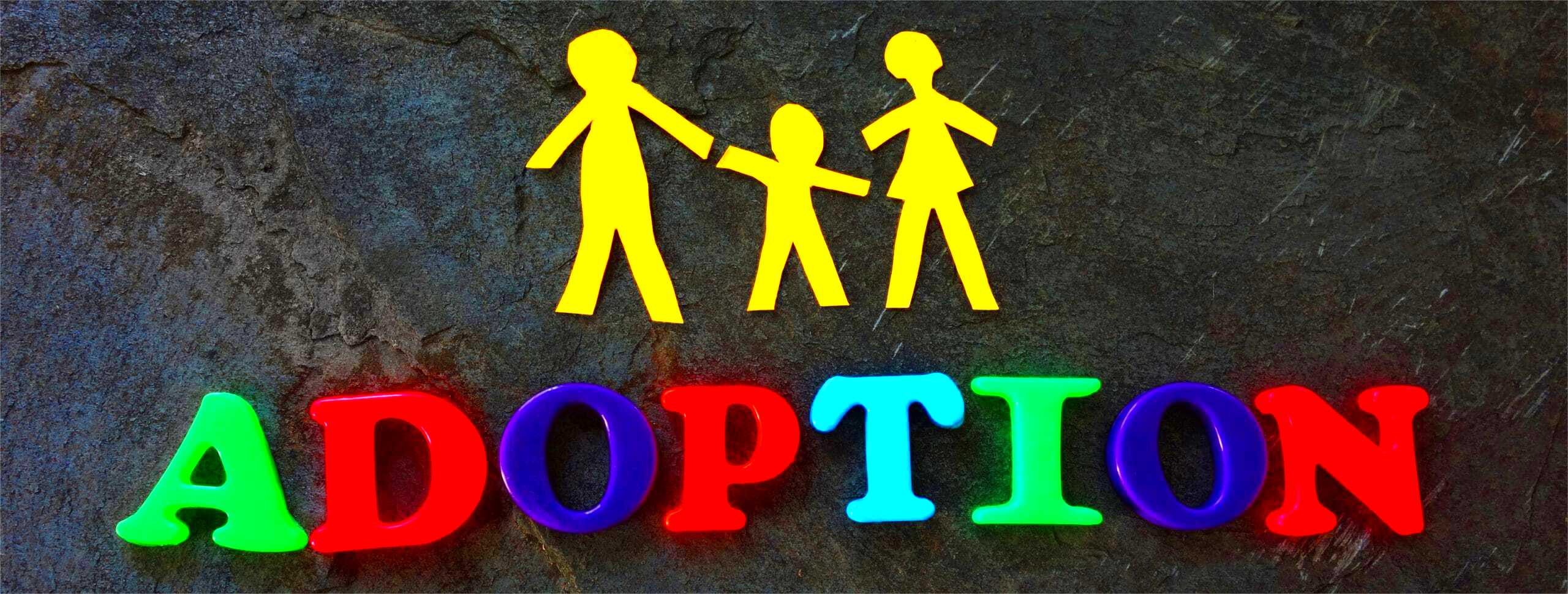Navigating Georgia’s Adoption Laws
Adoption is a beautiful journey that creates families in many ways. In Georgia, the adoption process is designed to ensure the best interests of the child while providing a supportive environment for adoptive parents. It involves legal procedures that finalize the adoption and grant parental rights to the adoptive parents. This process can be complex, but understanding the laws and requirements can make it easier. Knowing what to expect can help you feel more prepared and confident as you navigate this significant step in your life.
Types of Adoption Available in Georgia

Georgia offers several types of adoption, each with its own procedures and requirements. Here’s a breakdown of the main types:
- Private Adoption: This involves adopting a child directly from their birth parents, usually facilitated by an adoption agency or attorney.
- Agency Adoption: In this case, a licensed agency helps match prospective parents with children in need of adoption.
- Foster Care Adoption: This involves adopting a child who is currently in the foster care system, often after the parents’ rights have been terminated.
- International Adoption: Parents can adopt children from other countries, which requires additional legal processes and considerations.
Each type of adoption has its unique benefits and challenges, so it’s essential to choose the one that aligns best with your family’s needs and circumstances.
Eligibility Requirements for Adoption

Before starting the adoption process in Georgia, it’s crucial to understand the eligibility requirements. Here are the main criteria you need to meet:
- Age: Adoptive parents must be at least 25 years old. If you are married, your spouse must also be at least 25.
- Marital Status: Single individuals and married couples can adopt. If married, both spouses must be involved in the adoption process.
- Background Check: A criminal background check will be conducted to ensure the safety of the child.
- Financial Stability: While there’s no specific income requirement, you should demonstrate the ability to provide for the child.
- Home Study: A home study is required, assessing your living environment and readiness to adopt.
Meeting these eligibility requirements is the first step toward welcoming a child into your home. It’s essential to be well-prepared and understand what is expected of you.
The Adoption Process in Georgia
The adoption process in Georgia can seem overwhelming at first, but breaking it down into manageable steps makes it easier. It typically involves several key phases, each designed to ensure the child’s safety and well-being while guiding you through the legal aspects of becoming an adoptive parent. From the initial application to the finalization of the adoption, each step is crucial in creating a loving family. Let’s look at the main stages of the adoption process:
- Initial Inquiry: Start by researching the type of adoption you want and contacting a licensed adoption agency or attorney.
- Application: Complete the necessary application forms, which may require personal information and details about your family background.
- Home Study: This is a vital step where a social worker assesses your home and readiness to adopt (more on this below).
- Placement: Once approved, you will be matched with a child, and a placement plan will be established.
- Supervision: After placement, there will be a period of supervision to ensure the child is adjusting well in your home.
- Finalization: Finally, a court hearing will be held to finalize the adoption, granting you full parental rights.
Each of these stages is designed to protect the child’s best interests and help you navigate this important journey.
Home Study Requirements
The home study is a crucial part of the adoption process in Georgia. It ensures that prospective adoptive parents are prepared and that their home is a safe environment for a child. Here’s what you can expect during the home study:
- Interviews: You’ll meet with a social worker for interviews to discuss your motivations for adopting, parenting style, and family dynamics.
- Background Checks: Criminal and child abuse background checks will be conducted on all adults living in the home.
- Financial Assessment: You may need to provide information about your income and financial stability, though there is no strict income requirement.
- Home Evaluation: The social worker will assess your home to ensure it meets safety standards and is suitable for a child.
- References: You’ll likely be asked to provide personal references who can speak to your character and suitability as a parent.
The home study process can feel intrusive, but it’s designed to ensure that you are prepared for the responsibilities of parenthood. It’s an opportunity to reflect on your readiness to welcome a child into your family.
Finalization of Adoption
Finalizing your adoption is the most exciting part of the journey! This legal process officially makes you the child’s parent, providing you with all the rights and responsibilities that come with it. Here’s what you need to know about the finalization process:
- Court Hearing: A finalization hearing is scheduled in court, where you will present evidence of your suitability as an adoptive parent.
- Required Documents: Bring necessary documents, including the home study report, background check results, and any other requested paperwork.
- Birth Parents’ Rights: If applicable, you will need proof that the birth parents’ rights have been legally terminated.
- Judge’s Approval: After reviewing your case, the judge will issue an adoption decree, finalizing the adoption.
- Celebration: Once finalized, many families choose to celebrate this special occasion with a small gathering to welcome the child officially.
Finalization is a significant milestone, marking the beginning of your new family life. It’s a moment of joy and celebration, affirming the love and commitment you have for your child.
Post-Adoption Considerations
Congratulations on completing the adoption process! While the finalization of adoption is a significant milestone, it’s important to remember that this journey continues even after the paperwork is signed. Post-adoption considerations are essential for ensuring a smooth transition for both you and your child. Here are some key areas to focus on:
- Adjustment Period: Expect a period of adjustment for everyone involved. It’s normal for your child to need time to feel comfortable and secure in their new home.
- Open Communication: Keep lines of communication open with your child. Encourage them to express their feelings and ask questions about their past and adoption.
- Support Systems: Seek support from family, friends, or adoption support groups. Connecting with others who have been through similar experiences can be helpful.
- Education and Resources: Consider attending workshops or reading books about adoption to better understand your child’s needs and how to support them.
- Medical and Mental Health Needs: Be proactive in addressing any medical or mental health needs your child may have, and don’t hesitate to seek professional help if necessary.
By being mindful of these considerations, you can create a nurturing environment that helps your child thrive in their new family.
Frequently Asked Questions
As you navigate the adoption process, you may have questions or concerns. Here are some frequently asked questions to help clarify common topics:
- How long does the adoption process take? The timeline varies depending on the type of adoption, but it generally takes several months to complete.
- Can I adopt if I am single? Yes, single individuals can adopt in Georgia. Your marital status does not disqualify you.
- What costs are associated with adoption? Adoption costs can vary widely based on the type of adoption, agency fees, and legal expenses. Be sure to budget accordingly.
- Is it necessary to have a lawyer for adoption? While it’s not required, having a lawyer can help navigate legal complexities and ensure all paperwork is properly completed.
- Can I maintain contact with my child’s birth parents? This depends on the agreement made during the adoption process. Open adoptions may allow for ongoing contact.
Always feel free to reach out to your adoption agency or attorney for specific questions related to your situation.
Conclusion
Adoption is a rewarding and life-changing journey that brings families together in unique ways. By understanding the adoption process, requirements, and post-adoption considerations, you can better prepare for the joys and challenges ahead. Each family’s journey is different, but the love and commitment to providing a nurturing environment for your child remain the same. Embrace this new chapter with open hearts and minds, and remember that support is available as you create lasting memories with your new family member. Your dedication and love will lay the foundation for a bright future together.


